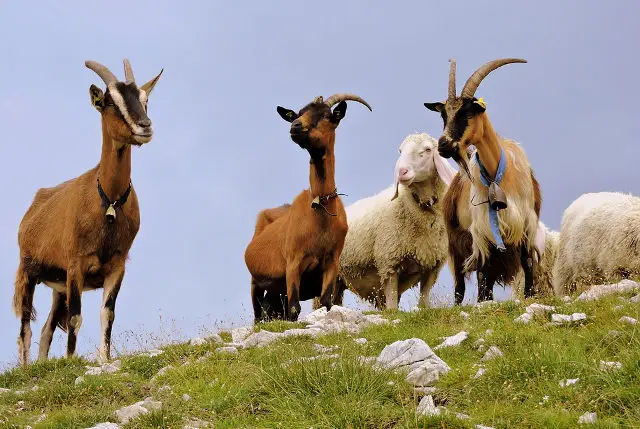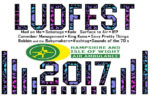Jonathan Dodd’s latest column. Guest opinion articles do not necessarily reflect the views of the publication. Ed
What are we here for? I’m not getting all serious, or at least no more serious than I ever am, because I’ve always wondered about this. Every human, at some time or other, wonders this same thing, and as far as I can tell, not one has ever found out. There have been many who have believed that they did, and some of these have even persuaded lots of others that they were right, but not one of them could offer anything but blind faith in something invisible and unapparent.
I respect all beliefs, and all believers who actually believe something and take it seriously, at least in religious terms. My respect loses some of its power when followers of some beliefs start carving up rivals and chucking them into mass graves, or worse, and I start to wonder at those whose religion has been proved beyond any doubt to have been made up by some charlatan out to enrich himself, who even agree, but continue to cling to the religion itself, as if that makes it true.
Chanced upon the absolute truth of existence
I’m not even saying that all religions are wrong, or deluded, or even not completely right, because there’s always a remote chance that one particular religion has actually got it entirely right, and has chanced upon the absolute truth of existence. That would make the followers of every other religion feel very angry, I suspect, and most of them would probably refuse to accept the truth, even if the actual god himself (why is it always ‘him’?) turned up and poked them in the eye.
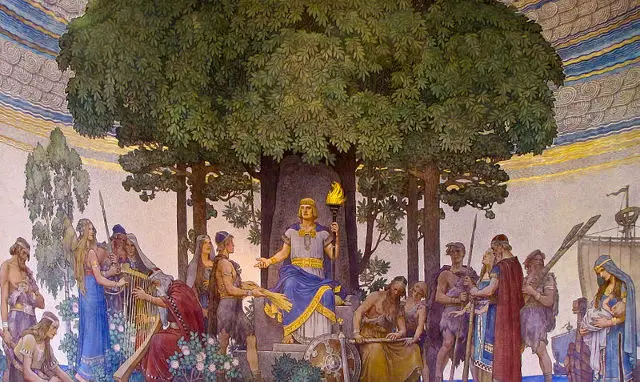
I think I would be closer to the truth if I suggested that there’s no truth in any of it, or relatively little. We teem like ants on the surface of this tiny planet, and we each live for not a billionth part of the actual timescale of the universe, and the chances of a benevolent but very confused deity actually having a very special relationship with each of us is, I think, a far-fetched concept. I’m happy to state for the record here that I’m very glad that I live in a country where I’m free to say such things, without the risk of imprisonment or death.
Ceremonies, and singing, and intensely emotional group activities
Please don’t misunderstand me, I am expressing an opinion. I’m not trying to undermine your own beliefs at all. I think it’s really good, up to a point, that you have beliefs. I have beliefs myself, but I don’t usually put them about because they’re mine and I think these things should be private. I also realise the ridiculousness of the idea of finding anyone who believes exactly what I do, even if I belonged to a particular religion and worshipped alongside lots of other similar-thinking fellow-worshippers. Sooner or later we would come to blows about some aspect of our beliefs, because we all fudge the issues, all the time.
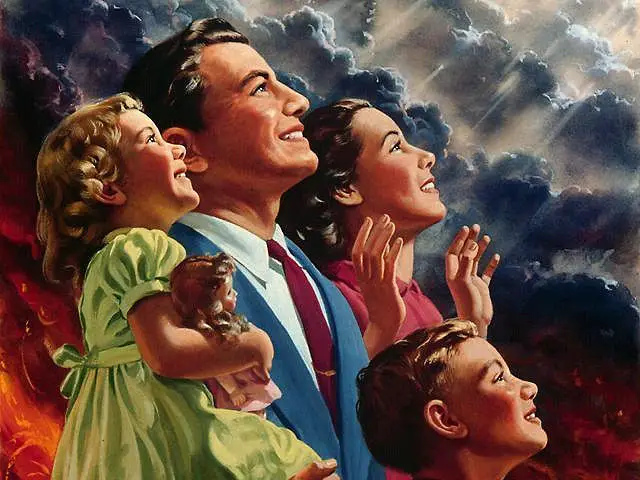
I wish sometimes that I did believe some accepted version of this narrative. My life would be so much easier, in so many ways. I would have somewhere to go, regularly, where I would be accepted (as long as I behaved myself, of course). I’d have ready-made friends, many of whom would be willing to behave like a sort of family, if I wanted. I would have a source of clear advice backed up by an organisation that has gained a patina of venerableness, I’d have opportunities to join in with community events, and there would be ceremonies, and singing, and intensely emotional group activities. What’s not to like?
‘The Christian tradition’
I can’t disagree with any of that. If I was so minded, there might be job opportunities, and training, and even employment, often in a career structure that might provide me with the chance to gain considerable power and influence. It could all be very enticing. But for someone like me there’s always that insuperable obstacle, the major flaw in ever being able to join or belong or be anything but a complete outsider. Here’s the rub. You have to believe.
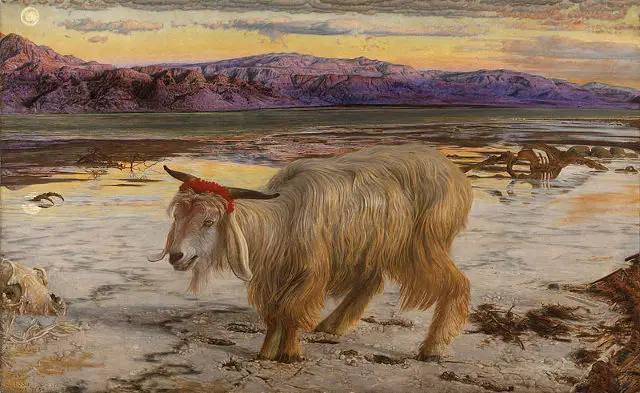
I went to various schools when I was a child. Each of them professed to be based on ‘the Christian tradition’. They taught a lot of scripture, and they used the history and teachings of the last two thousand years to back up every utterance they made, and we had daily prayers. All we little children had to do was to accept, do the right thing, fall in line, and we’d be safe and saved, and we’d be like sheep, rather than goats, and we’d go to join the angels through the pearly gates. And the alternative? Not just Hell, of course, but being cast out. Irrevocably and forever, from that gathering of the believers, and the saved, the golden ones.
It was like a strange game with two sets of rules
I was like everyone else, I longed to be there, in that number, when those saints went marching in. But there were problems for me right there. I had certain classmates who professed to great piety and I couldn’t understand how they casually bullied others when teachers weren’t looking, and lied about it when asked. It was like a strange game with two sets of rules. The object was to profess to live by all those rules, but to aim to get away with breaking as many of them as possible without getting caught.
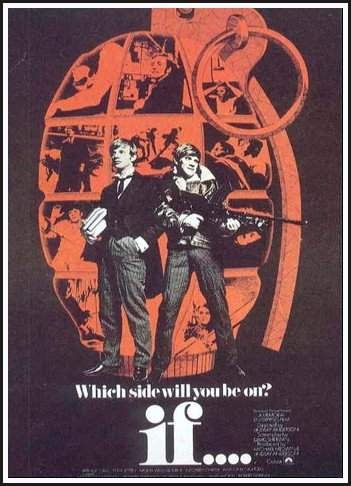
The benefits of this behaviour were obvious. You could lap up all the approval of the adults, and gain all the benefits and rewards of being so good, and at the same time you would gain the respect of most of your peers, for being able to get away with so much and pull the wool so easily over the eyes of all those gullible adults. I saw that, and I couldn’t help needing to understand why it was all upside-down, why just playing along and climbing that golden ladder to worldly success and sham godliness was rewarded rather than actually trying to do what the religion itself taught so clearly.
Nobody actually questions your sincerity
I suppose that’s the basis of the religious practises and belief systems of many people. It’s better to belong, and go along with it, because nobody actually questions your sincerity. I understand that entirely, except for one thing, which is that it’s contrary, or at least very far removed, from the original message of the origin religion. It’s like giant corporations who take over industries and companies and run them without even the pretence of caring whether they’re behaving in the way they’re meant to or not.

If I wasn’t such a wussy nit-picking nutcase who took things too seriously and only needed to relax and stop worrying so much and just do it because life is so much easier, or if I just pretended and the belief would come sooner or later – all of which has been said to me by members of various religious groups – I could have been a contender. But that’s like joining a football club without any interest in football but because you like to wear blue shirts. It actually makes no sense. Why can’t you just wear a blue shirt?
Naïve and too principled and just difficult
You could call me naïve and too principled and just difficult, and you could punish me to make me do my duty and fit in, all of which has been inflicted on me at some time or other, mainly for asking questions, and I’m used to that sort of treatment, because I have come to understand that most people just join something, and they become most angry when people ask them questions that might make them explain what they’re doing with their lives. And their response is usually to lash out at the person asking the questions.
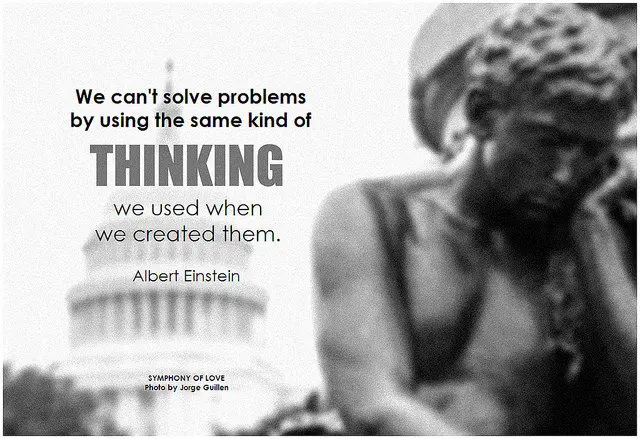
There are two kinds of people. Those who like to understand, and believe they grow by asking questions, and those who want to belong to a structure and be told how to behave. I guess that’s it. Not much more to say. Now that we’ve got that cleared up, I’m going to raise my head again and ask the original question. What are we here for? And I’m going to keep asking, until someone gives me the answer. I suspect they never will, because there probably isn’t an answer, or the answer’s so profound, or so simple, that our puny minds (I’m speaking for myself here) are incapable of working it out.
My big secret
And besides, my big secret is that I don’t ask questions in the expectation of finding out the answers. I hope to grow wiser by continually seeking and asking even better questions than the questions I’ve asked so far. How can we map the extent of our ignorance without testing its limits constantly? How else can we expand our minds and spirits other than by travelling through those unimaginably large spaces? We’ll never learn anything if we settle for doing the same things with the same people without ever asking why.

Humanity and civilisations have thrived because misguided individuals have taken those journeys, and asked those questions. All new discoveries need inspiration and exploration and stubbornness, and the burning desire to uncover previously unknown knowledge and truths. The other stuff feels safer, of course, but if that’s all you want, why do you need to invoke some deity to give you permission? Why is it so important to round everyone up into one large flock of sheep? And what’s so wrong with goats anyway?
If you have been, thank you for reading this.
Image: pcdazero under CC BY 2.0
Image: Vogler under CC BY 2.0
Image: waitingfortheword under CC BY 2.0
Image: Коzen Otnywehnr under CC BY 2.0
Image: oddsock under CC BY 2.0
Image: public domain under CC BY 2.0
Image: pictoquotes under CC BY 2.0
Image: pixabay

